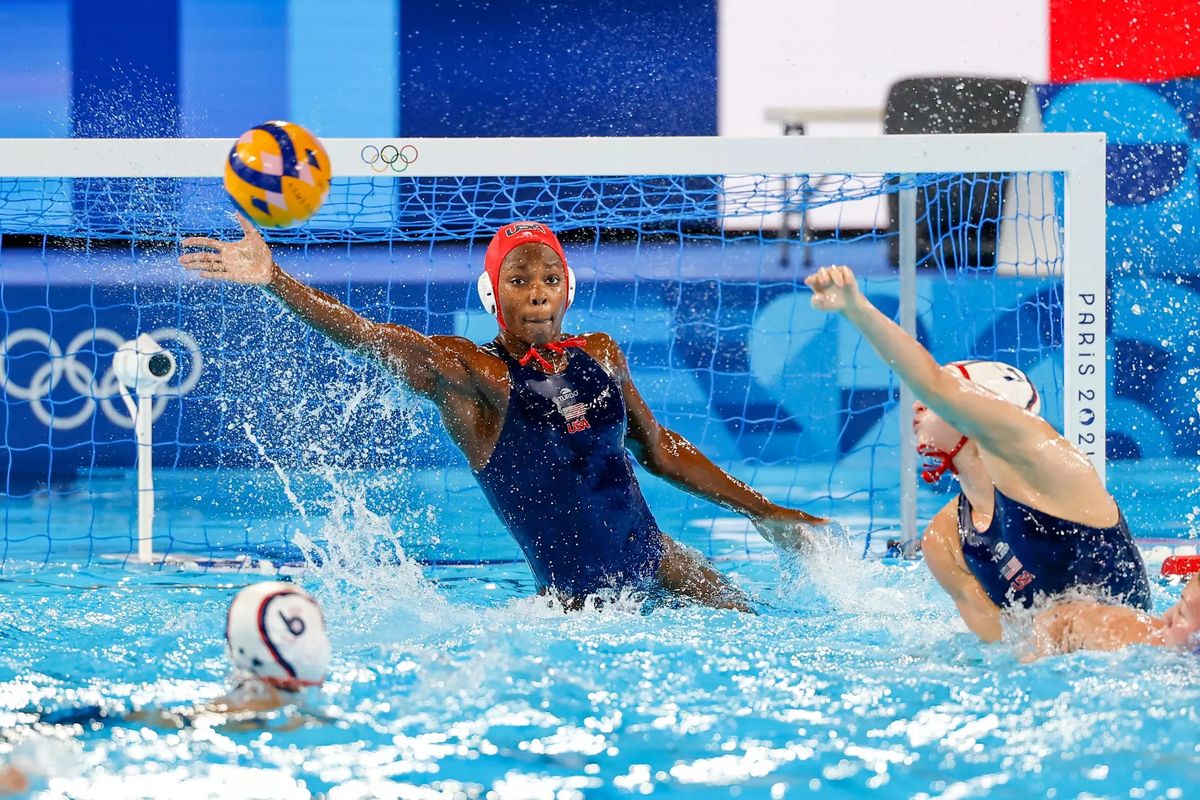
Water polo is a thrilling sport that combines elements of swimming, soccer, and basketball. Played in a pool, it demands both physical endurance and strategic thinking. But what makes this sport so fascinating? Water polo has a rich history, unique rules, and a culture all its own. From its origins in late 19th-century England to its current status as an Olympic event, this sport has captivated audiences worldwide. Whether you're a seasoned player or a curious newcomer, these 27 facts will give you a deeper appreciation for the game. Ready to dive in? Let's explore the world of water polo!
Origins of Water Polo
Water polo is a thrilling sport with a rich history. Let's dive into some fascinating facts about its origins.
- Water polo originated in England in the late 19th century as a form of water rugby.
- The first official game was played in 1870 in the River Dee in Scotland.
- Early water polo games were much rougher, often resembling underwater wrestling matches.
- The sport was initially called "water rugby" before being renamed "water polo," derived from the English pronunciation of the Balti word for ball, "pulu."
Rules and Gameplay
Understanding the rules and gameplay of water polo can enhance your appreciation for the sport. Here are some key facts.
- Each team consists of seven players: six field players and one goalkeeper.
- The game is played in four quarters, each lasting eight minutes.
- Players can only use one hand to handle the ball, except for the goalkeeper.
- The pool must be at least 1.8 meters deep, ensuring players cannot touch the bottom.
- A shot clock limits each team's possession to 30 seconds, promoting fast-paced action.
Olympic History
Water polo has a storied history in the Olympic Games. Here are some notable facts.
- Water polo made its Olympic debut at the Paris Games in 1900.
- Hungary has won the most Olympic gold medals in water polo, with nine victories.
- Women's water polo was introduced to the Olympics in 2000 at the Sydney Games.
- The United States women's team has been particularly dominant, winning gold in 2012, 2016, and 2020.
Famous Players and Teams
Some players and teams have left an indelible mark on water polo history. Let's explore a few.
- Dezs? Gyarmati of Hungary is considered one of the greatest water polo players, winning five Olympic medals.
- The Hungarian men's team is renowned for its dominance, especially during the mid-20th century.
- The United States women's team has been a powerhouse in recent years, consistently ranking among the top teams globally.
- Manuel Estiarte of Spain is often called the "Michael Jordan of water polo," known for his incredible scoring ability.
Unique Aspects of the Sport
Water polo has several unique aspects that set it apart from other sports. Here are some intriguing facts.
- Players tread water using a technique called the "eggbeater kick," allowing them to stay afloat and move efficiently.
- The ball used in water polo is slightly smaller than a soccer ball and designed to float on water.
- Exclusion fouls result in a player being temporarily removed from the game, creating a power play situation for the opposing team.
- Water polo caps have ear guards to protect players from injury during physical play.
Training and Physical Demands
Water polo is one of the most physically demanding sports. Here are some facts about the training and physical demands.
- Water polo players swim an average of 1.5 miles per game.
- The sport requires a combination of strength, endurance, and agility.
- Players often train for hours daily, focusing on swimming, ball handling, and tactical drills.
- Goalkeepers need exceptional reflexes and the ability to make quick, explosive movements.
Modern Developments
Water polo continues to evolve with new developments and innovations. Here are some recent trends.
- Technology is increasingly used in training, with video analysis helping players improve their techniques.
- Mixed-gender water polo games are gaining popularity, promoting inclusivity and diversity in the sport.
The Final Splash
Water polo's rich history and unique gameplay make it a fascinating sport. From its origins in 19th-century England to its inclusion in the Olympics, this sport has evolved significantly. The combination of swimming, strategy, and teamwork sets it apart from other sports. Players need incredible stamina, strength, and skill to excel.
Understanding the rules, positions, and techniques can deepen appreciation for water polo. Whether you're a player or a fan, knowing these facts can enhance your experience. Water polo's blend of physicality and strategy makes it exciting to watch and play.
Next time you catch a match or dive into the pool, remember these intriguing details. They highlight the dedication and passion behind every game. Water polo isn't just a sport; it's a testament to human endurance and teamwork. Dive in and enjoy the thrill!
Was this page helpful?
Our commitment to delivering trustworthy and engaging content is at the heart of what we do. Each fact on our site is contributed by real users like you, bringing a wealth of diverse insights and information. To ensure the highest standards of accuracy and reliability, our dedicated editors meticulously review each submission. This process guarantees that the facts we share are not only fascinating but also credible. Trust in our commitment to quality and authenticity as you explore and learn with us.


